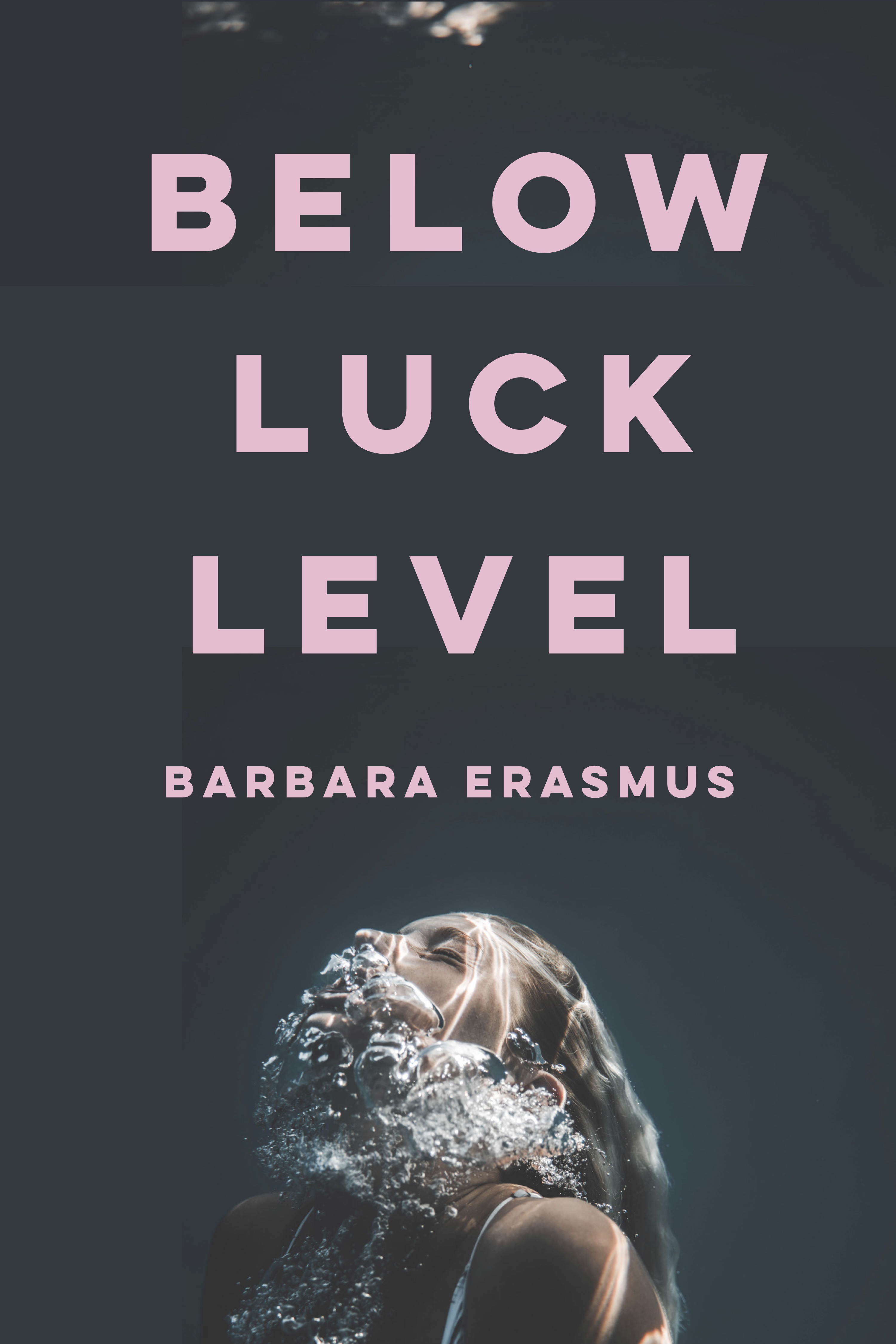
I’m sure I too would have played first team rugby if I hadn’t been a girl. Julia and I filled in at the local park when Karl and his friends played touch rugby. I was bigger than most of the boys which made me valuable in any position. Julia opted for fly-half because she was fast and agile, but she was too small to make a major contribution. She was very pretty so no one minded. She was bruised and battered in the park, but she continued to turn up to play because she had a crush on Karl.
All my friends did. Girls adored my rugby-playing brother with his rakish good looks and his casual charm. My mother was also an ardent supporter of his rugby career which seemed completely out of character, considering her sparse attendance at school functions in general. I don’t think she particularly liked rugby. I sometimes caught her scribbling notes instead of watching the game, but she pitched up to watch every match he played in, rain or shine. She even made a contribution to post-match teas, though she didn’t go as far as baking the scones herself. We had a standing order at the Rose Cafe on Wale Street.
The staff at the Rose Cafe was another extension of my extended family. We’d lived in the same house in Pepper Street since my parents arrived from England in 1970, filled with determination to end apartheid.
The Bo-Kaap’s become something of a tourist attraction in the new millennium, but Karl and I grew up as part of a small community of potters, artists and writers, living side by side with our Muslim neighbours—drifters and dreamers like my parents, fired up to deliver a brighter future. You don’t see many children playing in the streets today, but it was different while I was growing up. Most of our neighbours were Muslim. Islam’s an hospitable religion. There always seemed to be grannies or aunties on the scene, ready to pick up stray toddlers if an unexpected car turned down a neighbourhood street. Someone was always at home. Parenting in the Bo-Kaap seemed a shared responsibility.
This was fortuitous for our family. My parents had lived in Pepper Street for just over a decade when my father died. They came to South Africa as political activists in the sixties after they became friendly with Thabo Mbeki at Sussex University. He’d gone into exile—they had come to the coal face to fight on his behalf.
My father set up a legal practice to try to free political detainees. He worked from home in a semi-detached house like the one where my mother grew up in Brighton. That’s where the similarities stopped. Houses in Brighton aren’t painted orange or lime green. There’s probably a by-law against technicolored houses in England. The lime green side of our house belonged to Fatima. I loved her almost as much as I loved Julia’s mother. She had even more children. Karl and I were just two more, after my father died. I was special because I was the only girl.
“Allah must have sent you,” she used to tell me, as I sat on her lap and listened to the story of how my mother fell apart when my father died. “She wasn’t strong enough to get out of bed in the morning,” Fatima used to say. “And you were just a baby. You needed a mother and I needed a little girl. I thank Allah every night for sending you to Pepper Street.” We sat on tall stools in her kitchen, our hands covered in biscuit dough for the cardamom biscuits Fatima supplied to the Rose Cafe.
“Ah, Hannah!” Hashim would say as I rushed in to collect our order before a first team match. “Where’s Karl playing today?” I was delighted to be Karl Cartwright’s little sister. He was essential to my self esteem. It gave me status to be related to a sporting legend.
“Karl says we should have won. Their try came off a forward pass,” I’d tell them categorically as we ate our sandwiches and reflected on the weekend clash with Rondebosch or some other Southern Suburbs school. My acolytes sat around me in admiring circle. They shared their sandwiches with me on the days my mother got up too late to make them before I left for school. They hung on every word I had to say about rugby. I had as much prestige as if I was a commentator on the World Cup. This was the captain of the first team I was quoting, after all. I think they would have believed me if I’d told them that the captain of the rival team was an alien from Mars.
—
My ballet career wasn’t as auspicious as Karl’s stint in first team rugby. My short-lived obsession was triggered by Julia’s mother. Like my mother, she was no ordinary Cape Town housewife. She was a well-known name in her field. Completely unlike my mother, she logged out of the limelight when she fell pregnant. Julia’s mom was pregnant for about a decade while giving birth to four children, allowing for a few gaps in between deliveries. Four pregnancies take more of a toll on your body than on your mind. Having children gave my mother fresh material to work with in her novels, but Julia’s mom was a dancer. Pregnancy effectively ended her career.
She didn’t look as if she’d had four children. She’s tall and slender with an innate grace and poise. I worshipped her. I used to pray that I could rescue her from a fire. I considered starting one myself to give me the opportunity. I paged endlessly through the early pages of her scrapbook which were devoted to ballet, daring back to the start of her career with Capab. She was one of their principals by the time she left – there were dozens of programs featuring her name. Newspaper reviews and photos, where she starred as everything from a swan to a firebird. I loved her scrapbook.
My real mother also kept a scrapbook with photos and newspaper cuttings from the past, though it was less orderly than Julia’s mother’s. Coffee stains. Faded photos. Scribbled extracts from her books. Reviews of her books, from both local and English newspapers. Her scrapbook became even more meaningful to her when her past be- came clearer than her present. She nodded at photos of the semi-detached house in Brighton, where she grew up with older parents. I never met them, but she told me her father polished his ageing Rover every Saturday and they had pot roast on Sundays.
She became very repetitive with her stories of the past. She’d seen an escape route from English suburbia when Sussex University opened its doors, virtually next door to Brighton. There were far fewer applications for Sussex than for the more venerable Oxbridge institutions, so she won a scholarship to study English and politics—exactly the sort of head-in-the-clouds subjects I’d have expected her to choose.
“There’ll never be another decade like the sixties!” she’d declare each time she paged through posters of the Beatles and Harold Wilson. There was a faded photo of a group of friends, all cheering behind their placards.
“Look at us in 1964—the first time Labour ever won in Brighton!” my mother reminisced. “We felt as if we’d played a part in history—all we ever did was hand out pamphlets at the robots!”
There were other photos of the same group of students, lined up behind various banners. They seemed to be anti-everything. The war in Vietnam. Nuclear power. UDI in Rhodesia. They were particularly anti-apartheid because of Thabo Mbeki. He stood out because he was the only black student at Sussex at the time. My mother often spoke at lectures about the night she and my father marched behind him, from Brighton to London, to hand in a petition at Downing Street about the death penalty.
I loved her scrapbook with its links to her past. My mother came to rely on it more and more as her illness progressed. She needed an activity to pass the time. She paged through her scrapbook almost every day because she forgot how to read.
***
Buy Below Luck Level here: Amazon | Catalyst Press
Excerpt from BELOW LUCK LEVEL published by Catalyst Press. Copyright © 2024 by Barbara Erasmus.


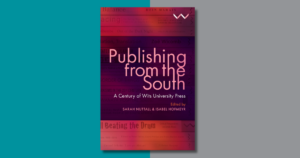
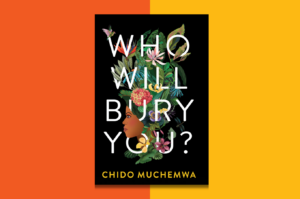
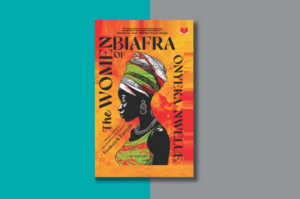
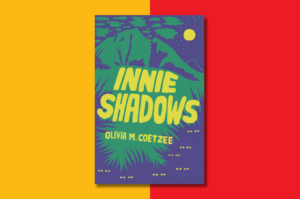
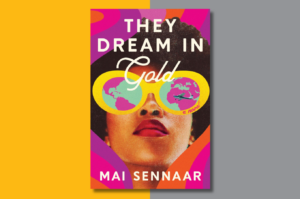
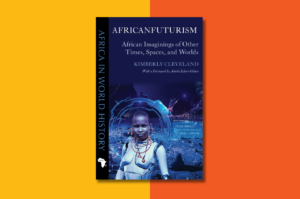

COMMENTS -
Reader Interactions